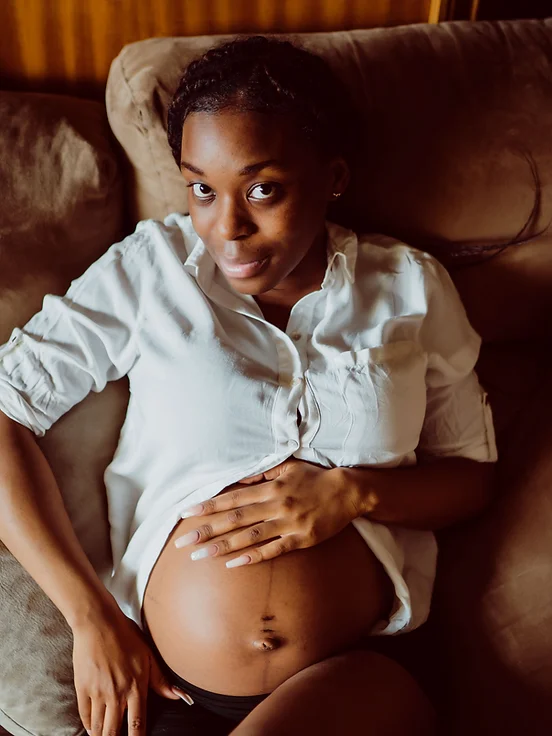Why do we need a Black Maternal Mental Health Week?
This year Global Black Maternal Health is proud to support The Motherhood Group as they continue to raise awareness on Black Maternal Mental Health, with a focus on Equity and Inequality for Black Mothers.
The sad reality is that Black women face worse maternal mental health support and are more likely to enter services at crisis point than at primary care level. This should not come as a surprise as it is indicative of the wider climate surrounding Black women’s health where Black women are five times more likely to die in pregnancy and black babies are twice as likely to be still born. There are many barriers at play that result in these outcomes, but one thing is for sure, the current maternal mental health system still has some work to do to improve outcomes and ensure all women have equitable access to relevant care.
And therein is the key word: ACCESS.
In general approximately 1 in 5 women from all different backgrounds experience perinatal mental health difficulties – that is mental health challenges during the perinatal period which is defined as one year after the birth of a baby. However, for black women perinatal mental health difficulties often go unidentified, and thus untreated, placing them at a disadvantage when it comes to seeking professional help.
Some of these barriers include the widely held stigma, which is held across all ethnicities, that if a mother speaks out about her mental health she is a bad mother and potentially her children could be taken into care. If you then add a community whose mental health has historically been weaponised against them – only predominantly entering mental health services through the criminal justice system – you can see where a lack of trust would arise for mental health services.
Then there is the stereotype that black women should be strong and indestructible. A categorisation compounded by the well-documented implicit bias that Black women face at the hands of healthcare providers who are less likely to identify physical pain or severe discomfort in black women in comparison to white women. If physical pain is less likely to be detected then what more for mental pain and discomfort?

An article published in the NIHR entitled: Mental health care during pregnancy and afterward: women from some ethnic minority backgrounds face barriers to access
it states that there is a wide range of different barriers for black and minority ethnic communities accessing mental health care. “Some of these include a lack of knowledge around mental health care, different cultural attitudes or ideas about mental health, and relationships with healthcare practitioners in the local area.”
On a positive note, it has been observed that once black women accessed perinatal mental health services they had a positive experience, but still, as mentioned in my opening sentence black women are more likely to enter services at crisis point rather than at primary care level, for example via the GP. Primary care level is key – 90% of NHS consultations, and thus referrals, happen in a primary care setting. So for equity to be achieved in black women’s maternal mental health journey, the barriers at a primary care level need to be addressed.
There are many opportunities in the current mental healthcare landscape that offer unprecedented chances to close the equity gap for black mothers. For example, community-led groups that are embedded within black communities can serve as a key conduit to bridging these barriers by empowering women with relevant and targeted information, social prescribing to activities or support that can positively impact well-being and reduce loneliness and anxiety, and equally by ensuring black women’s voices are heard at decision-making levels so that our narratives feed into policy decisions around primary care referral.
